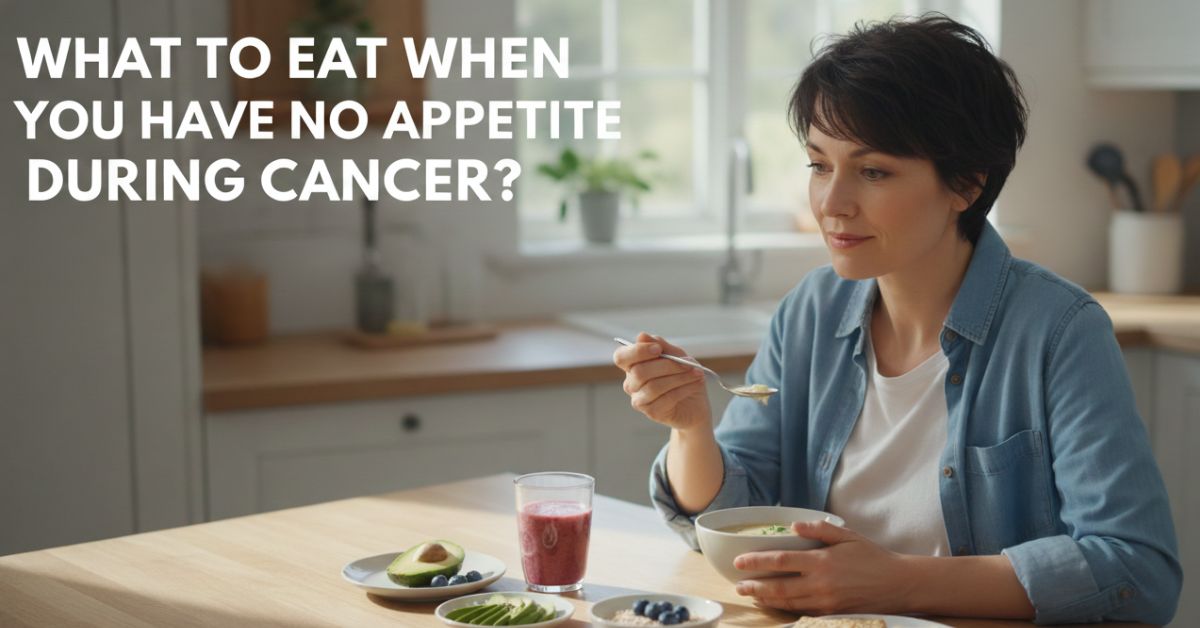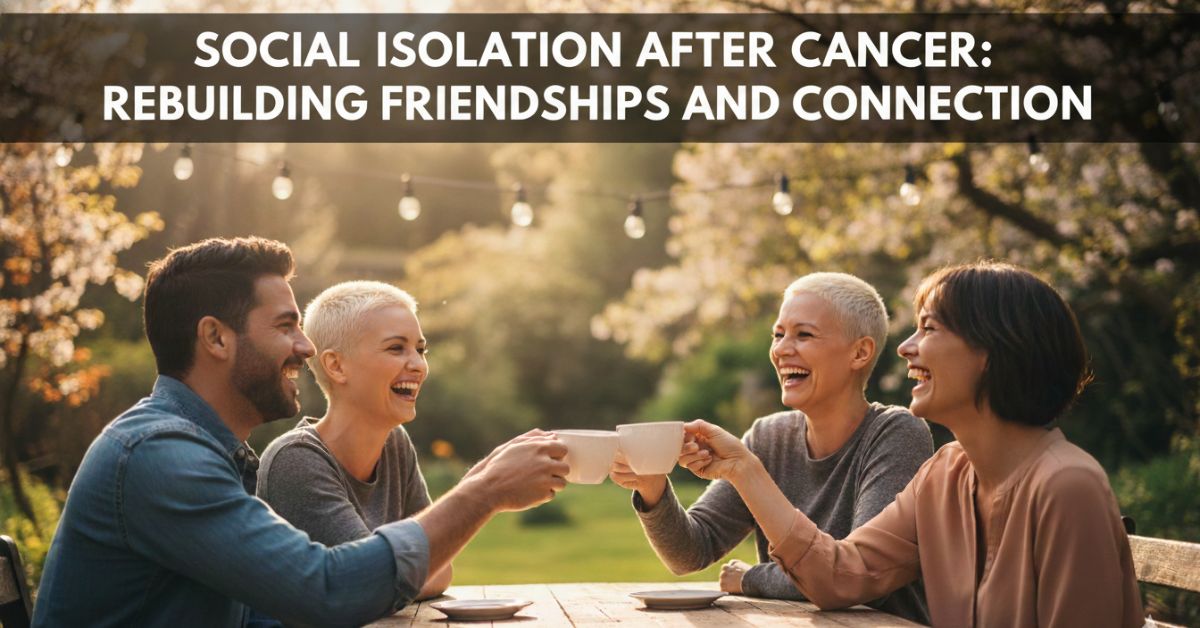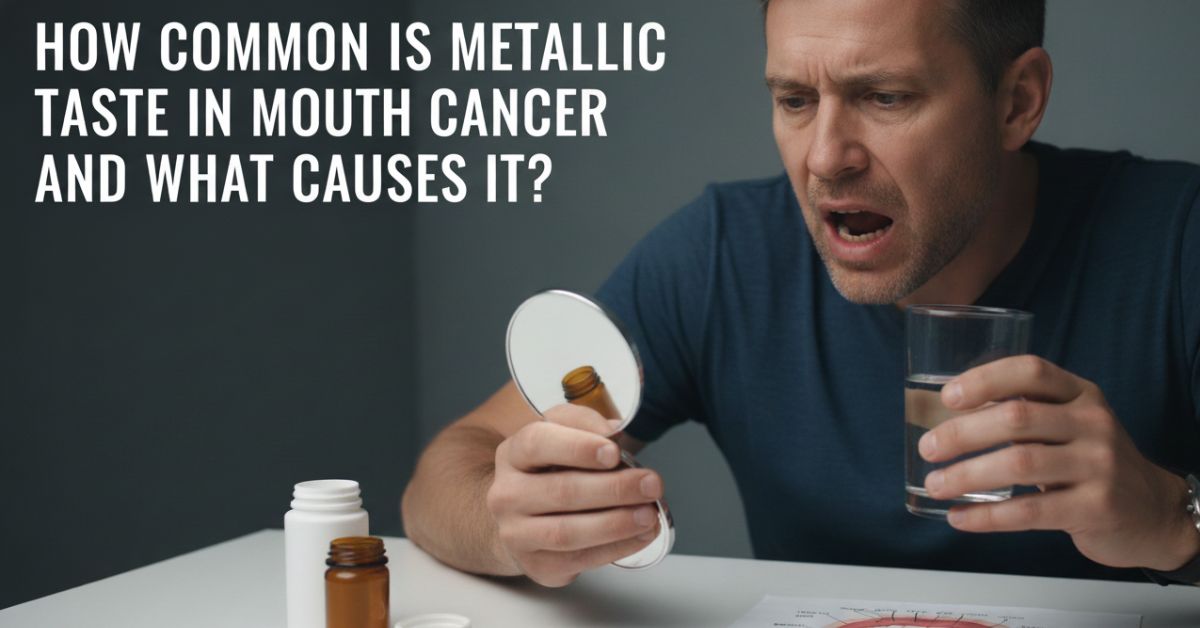Loss of appetite during cancer is common. Many patients struggle to eat enough during treatment, which can lead to fatigue, weakness, and slower recovery. Understanding what to eat when appetite is low helps maintain nutrition and energy.
Food for cancer patients with no appetite should focus on small, easy-to-eat meals that provide protein, calories, and vitamins without overwhelming the patient. Adjusting portions and flavors can make eating more manageable and comfortable.
Why Cancer Causes Loss of Appetite?
Cancer itself can reduce hunger, while chemotherapy and radiation affect taste, smell, and digestion. Medications and treatment side effects can make food unappealing or cause nausea.
Emotional stress, anxiety, or depression may further reduce the desire to eat. Loss of appetite during cancer what to eat becomes essential to maintain energy, prevent weight loss, and support recovery during treatment.
Signs That You Need Nutritional Support
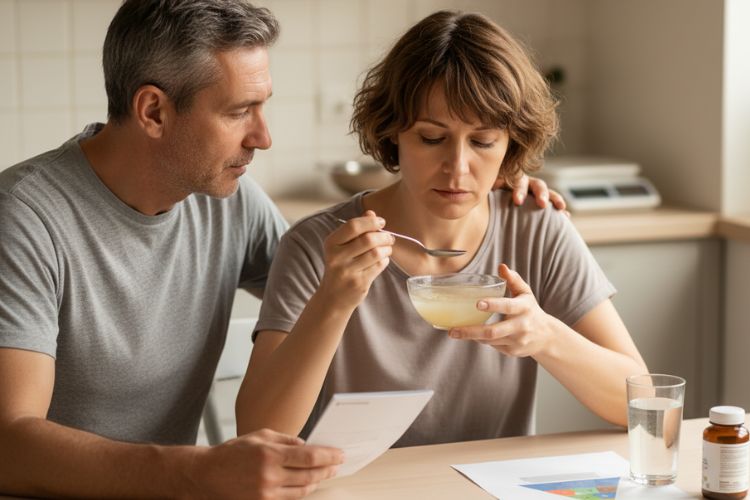
Unintended weight loss, constant fatigue, and weakness are warning signs of inadequate nutrition. Ignoring these signs can lead to malnutrition and complications.
Early intervention through diet adjustments or professional guidance helps patients maintain strength. Regaining strength after chemo often requires proper meal planning, small frequent meals, and nutrient-dense foods tailored to patient tolerance.
Foods That Are Easier to Eat With Low Appetite
1. Small, Frequent Meals
Eating small portions frequently is easier than large meals. Aim for five to six mini meals or snacks daily to maintain calories and nutrients.
Food for cancer patients with no appetite is easier to manage in smaller amounts, which reduces stress at mealtime and encourages consistent nutrition throughout the day.
2. Calorie- and Protein-Dense Foods
High-protein foods like eggs, yogurt, cheese, nuts, and nut butters help maintain muscle and energy. Smoothies and fortified soups provide calories without large meals.
Protein-rich meals support recovery and strength. Cancer no appetite food ideas should focus on calories and protein to help patients stay nourished even with limited appetite.
3. Soft or Easy-to-Chew Foods
Soft foods like oatmeal, mashed potatoes, soups, and scrambled eggs reduce discomfort for patients with mouth sores or swallowing difficulties.
Food ideas for cancer patients with no appetite should be gentle, easy to swallow, and nutrient-dense, making mealtime comfortable while maintaining proper nutrition during treatment.
4. Foods That Appeal to Altered Taste
Taste changes are common during treatment, including metallic or bitter flavors. Cold, sweet, or strongly flavored foods may be more appealing.
What to feed a cancer patient with no appetite can include fruits, smoothies, or lightly seasoned foods to help stimulate eating and maintain adequate nutrition.
Beverages That Help
High-calorie drinks like milkshakes, smoothies, and fortified juices provide nutrition without requiring large meals. Drinking frequently in small sips is easier than consuming large volumes.
Food for cancer patients with no appetite can include liquid calories to support energy levels, hydration, and strength, especially when solid food intake is limited during treatment.
Supplements and Nutritional Support
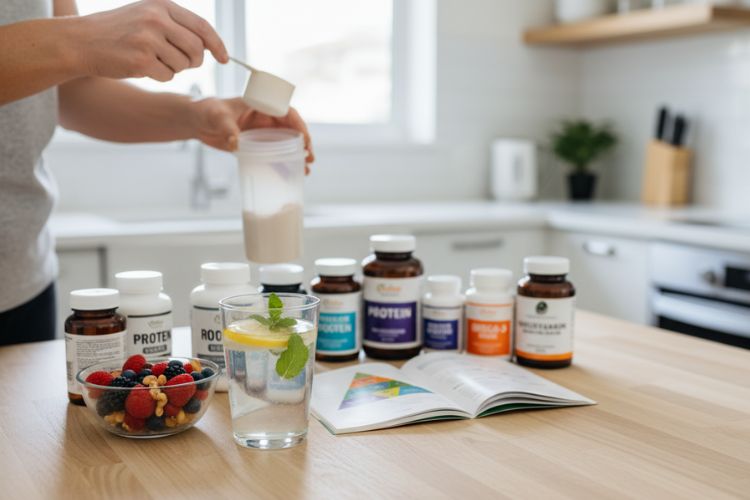
Protein powders, meal replacement shakes, and liquid supplements help patients meet daily nutritional needs when solid foods are difficult to eat.
Consulting a healthcare professional ensures supplements are safe and appropriate. Meal plan for cancer patients may include these options to maintain weight and support overall health during treatment.
Tips to Encourage Eating
Eating in a calm, pleasant environment improves appetite. Sharing meals with family or friends can also make eating more enjoyable.
Light exercise or gentle movement may stimulate hunger. Listening to the body and eating when hungry helps maintain energy and nutrition for patients struggling with appetite.
Coping With Emotional Barriers to Eating
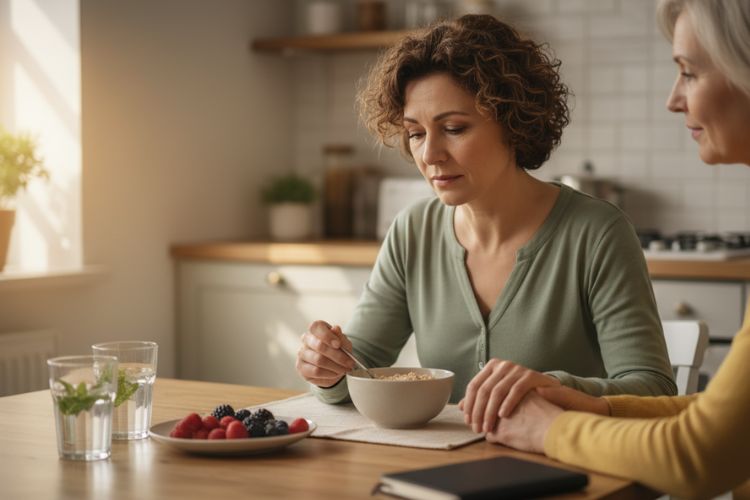
Stress, anxiety, or depression can further reduce appetite. Mindfulness, counseling, or support groups help address emotional barriers.
Support someone with cancer by offering encouragement, small meals, and understanding. Emotional support improves eating patterns and overall recovery during treatment.
Sample Meal Ideas
- Breakfast around 8 am, smoothie with yogurt, banana, and protein powder
- Mid-morning snack around 10:30 am, nut butter on toast or cheese slices
- Lunch around 1 pm. Mashed potatoes with soft-cooked vegetables and scrambled eggs
- Afternoon snack around 4 pm, fruit smoothie or milkshake
- Dinner around 7 pm, soft soup with shredded chicken, rice,e or lentils
- These food ideas for cancer patients with no appetite focus on easy-to-eat, nutrient-dense meals that maintain calories, protein, and hydration without overwhelming the patient
When to Talk to Your Doctor or Dietitian?
If appetite loss persists or significant weight loss occurs, consult a dietitian or doctor. Severe nausea, fatigue, or dehydration requires professional guidance.
What to feed a cancer patient with no appetite should always be guided by healthcare professionals to prevent malnutrition and ensure safety during treatment.
Conclusion
Struggling to eat during cancer is common, but small, frequent meals, soft foods, high-protein snacks, and hydration can help. Using food for cancer patients with no appetite thoughtfully can improve nutrition and energy.
If managing meals feels overwhelming, iSurviveCancer offers practical guidance, emotional support, and tips for patients and caregivers. They help patients eat well, regain strength after chemo, and feel supported every step of the way.
FAQs
What are easy foods to eat when appetite is low during cancer?
Soft, nutrient-dense foods like mashed potatoes, scrambled eggs, oatmeal, soups, smoothies, and yogurt are easier to eat. Small portions throughout the day help maintain nutrition and energy without overwhelming the patient.
Can smoothies or shakes replace meals during treatment?
Yes, high-calorie smoothies or protein shakes can help maintain calories and protein when solid food is difficult. They are especially useful for patients struggling with taste changes, nausea, or fatigue during treatment.
How can I stimulate appetite during chemotherapy?
Eating small frequent meals, trying cold or flavored foods, and light activity can help. Pleasant meal environments, social support, and avoiding strong food odors may also improve appetite and make eating more enjoyable.
Are supplements necessary if I cannot eat enough?
Supplements like protein powders, meal replacement shakes, and fortified drinks can help meet nutritional needs. Always consult a healthcare professional before starting them to ensure safety and appropriate dosage during treatment.
How can I support a loved one with cancer who has no appetite?
Offer small, favorite meals and snacks, encourage hydration, and avoid pressuring them to eat. Emotional support, patience, and gentle encouragement help maintain nutrition and make mealtime less stressful for patients.

